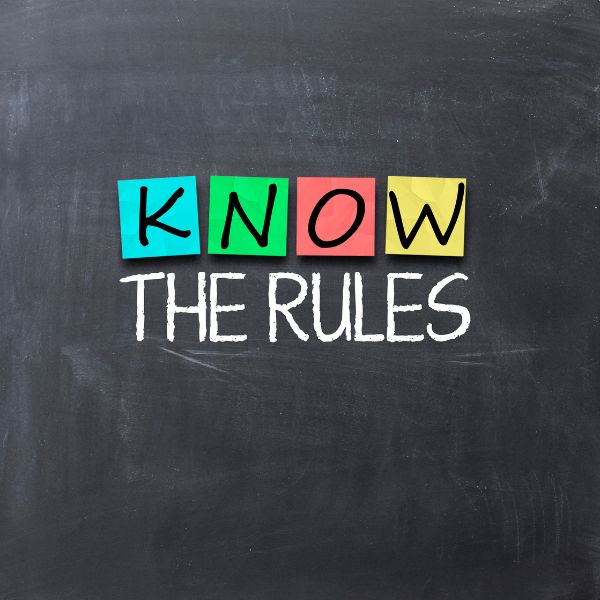
What is Sole Propritership ?
A business structure known as a sole proprietorship is one in which just one person owns and runs the company. It is the most straightforward and typical type of corporate ownership. In a sole proprietorship, the owner is fully in charge of the firm, makes all the decisions, and is responsible for all the risks and obligations. The owner is personally liable for the company's debts, losses, and legal responsibilities. Small enterprises and independent contractors that wish to launch their own endeavours with a minimum of paperwork and legal requirements can choose this company structure.
Process of Sole Propritership:
- Select a company name: Choose a distinctive and appropriate name for your sole proprietorship company.
- Choose the Business Structure: If you decide to operate as a sole proprietorship, make sure you are aware of the legal ramifications and obligations that go along with it.
- get Licences and permissions: Determine and get the necessary licences and permissions based on the nature and location of your business by submitting an application to the appropriate authorities.
- Register with Local Authorities: To guarantee that your single proprietorship is recognised legally, register it with the local government or municipality.
- Create a Business Bank Account: Create a separate business bank account to keep your personal funds separate from those of your single proprietorship.

Benefits of Sole Propritership:
- Easy and Cheap Setup: Compared to other business formats, establishing a single proprietorship is quick and affordable.
- Complete Control: As the single proprietor, you have total authority over all business-related decisions, actions, and activities, including tactical planning.
- Direct earnings: You have the benefit of keeping all business earnings, maximising your financial gain and personal income.
- Minimal Compliance Requirements: Because sole proprietorships have less legal and regulatory requirements, there is less paperwork to complete and less money spent on compliance.
- Tax Benefits: You are eligible for a number of tax advantages, including the ability to deduct business costs from your income and file taxes on a personal income tax return.
- Flexibility and Quick Decision-Making: As the only decision-maker, you may implement corporate strategy without delays or disagreements and swiftly respond to market developments.
Sole Propritership Rules
The legal criteria and principles that control the formation and management of a sole proprietorship firm are referred to as sole proprietorship rules. The procedures for business registration, tax observance, licence requirements, and other legal duties are outlined in these regulations. Following these guidelines guarantees the legitimacy and efficient operation of a sole proprietorship.

FAQ:
It is feasible for a solo entrepreneur to get a company loan. However, because there is no formal legal separation between the company and the owner, lenders could demand personal guarantees or collateral.
You may run your sole proprietorship under a different business name by using a trade name or DBA, yes.
Benefits include easy tax reporting, total control over corporate choices, and ease of creation.
A sort of business structure known as a sole proprietorship is one in which one person both owns and runs the company.
Starting a sole proprietorship typically involves registering your business with the appropriate government authorities, obtaining necessary licenses and permits, and setting up a separate bank account.
Yes, a sole proprietorship can have workers. The owner is nonetheless held accountable for the duties and debts of the company individually.
In many cases, a sole proprietor can use their Social Security number as the tax identification number for their business. However, you may need to obtain an Employer Identification Number (EIN) if you have employees or for certain tax purposes.
Yes, you are personally liable indefinitely as a sole owner for the debts and liabilities of your company. Your personal assets may be at jeopardy if your company incurs difficulties.
If necessary, you can change your sole proprietorship into another type of corporate structure, such a partnership or a limited liability corporation (LLC).
No, as a sole proprietor, you typically list company earnings and costs on Schedule C of your personal tax return.
Documents Required for Sole Propritership
- Identity Proof
- Address Proof
- Business Name Registration
- Business Address Proof
- Bank Account Details
- Tax Registration
- Licenses and Permits
- Partnership Deed (if applicable)


